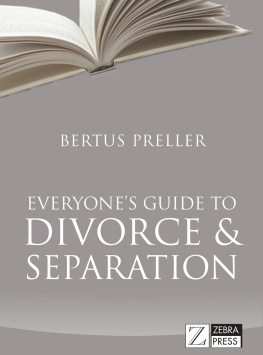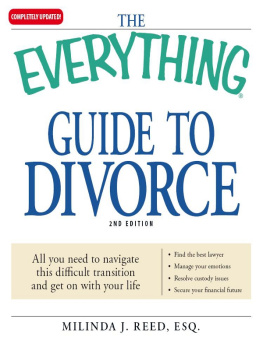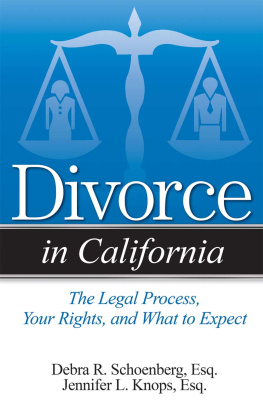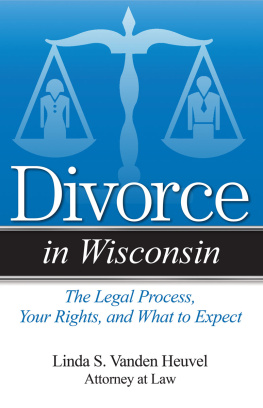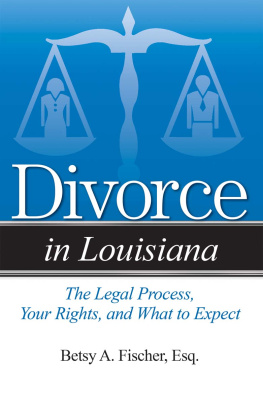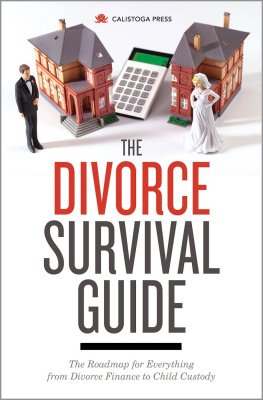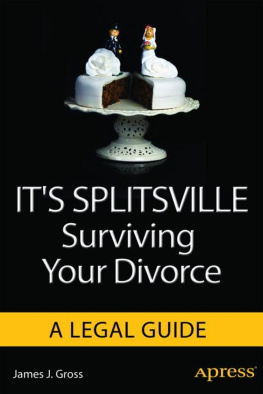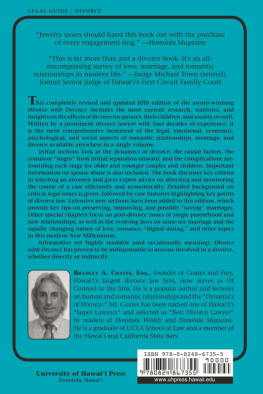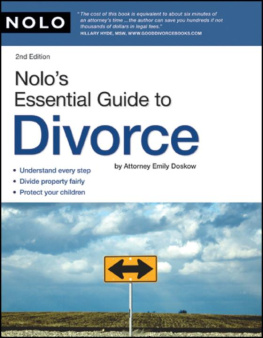


Published by Zebra Press
an imprint of Random House Struik (Pty) Ltd
Reg. No. 1966/003153/07
Wembley Square, First Floor, Solan Road, Gardens, Cape Town, 8001
PO Box 1144, Cape Town, 8000, South Africa
www.zebrapress.co.za
First published 2013
Publication Zebra Press 2013 Text Bertus Preller 2013
All rights reserved. No part of this publication may be reproduced, stored in a retrieval system or transmitted, in any form or by any means, electronic, mechanical, photocopying, recording or otherwise, without the prior written permission of the copyright owners.
PUBLISHER : Marlene Fryer
MANAGING EDITOR : Ronel Richter-Herbert
EDITOR : Bronwen Leak
PROOFREADER : Shelly Dall
TEXT DESIGNER : Jacques Kaiser
TYPESETTER : Monique van den Berg
ISBN 978 1 77022 529 9 (print)
ISBN 978 1 77022 530 5 (ePub)
ISBN 978 1 77022 531 2 (PDF)
To Liesl, Carl, Jean, Sebastian, Isabella and Luca
Some of the biggest challenges in relationships come from the fact that most people enter a relationship in order to get something. Theyre trying to find someone whos going to make them feel good. In reality, the only way a relationship will last is if you see your relationship as a place that you go to give, and not a place that you go to take.
~ Anthony Robbins
Contents
Foreword
The law relating to marriage has become increasingly complex. The Recognition of Customary Marriages Act of 1998, the Civil Union Act of 2006 and the Childrens Act of 2005 have added a range of additional legal provisions to this area of law which, in turn, holds implications for the kind of legal union into which parties may enter and the rights and obligations of parents and children and, given the depressing number of divorces in the country, the rights and obligations of parents in relation to their children upon divorce or separation.
Bertus Preller has filled a very significant gap with this timely book, in that in plain language, he provides a comprehensive guide to the broader community through the thicket of law that now characterises this legal landscape. Having said that, many lawyers, particularly those who do not specialise in the field, will also find great assistance in this work.
From engagement, through the legal nature of the ceremony, to the legal consequences of marriage or civil union and on to divorce with all its complex consequences, the reader will find clear explanations for any or all issues which may vex him/her during this journey.
Early on in the text, Mr Preller makes a vital point litigation is truly the option of last resort in the event of a matrimonial dispute. The adversarial process which is the manner in which law operates is not at all conducive to a settlement of issues, particularly custody of minor children, which have a long-lasting and vital impact on the lives, not only of the antagonists but also the children who have not, in any way, caused the problem giving rise to the forensic battle. Often in my experience on the Bench, I have wondered how such vicious and counterproductive litigation can be allowed to continue. Lawyers will point to clients, whose disappointment in the breakdown of the marriage now powers such adverse feelings to their erstwhile partner, as the core reason for the legal fight to the finish.
I would hope that, in all such or potential cases, the parties consult this work, which may add some rationality to the process or, in the occasional case, will enable the parties to reassess the legal advice they have been given, thereby allowing a non-litigious settlement of proceedings. Whatever the context, however, it is important that arcane and often incomprehensible legal jargon be made accessible to those affected by the law. In this way, ordinary citizens can ensure that their rights work for them and at the same time they are assisted to grasp fully the implications of the obligations that the law imposes upon them.
In providing such a gateway to those who are or may be affected by this area of law, which given its nature is the vast majority of the country, Mr Preller has made a significant contribution to ensuring that, in this area, access to justice will become a reality.
JUDGE DENNIS DAVIS
Acknowledgements
I would like to thank my wife Liesl, for her amazing love, support and patience during the writing of this book. You are my inspiration and motivation for continuing to improve my knowledge and move my career forward. Your love and commitment towards our children and family is an example of what motherhood really means.
I would like to thank my parents Kaai and Maryna Preller, who will be married for 51 years this year, for all their love and support over the years. You are living proof that a marriage can last a lifetime. To my parents-in-law, Dennis and Yvonne Human, who have been married for 48 years, many thanks for your love and support.
I would also like to thank my friend Con Bruce, who taught me the art of parenting after divorce. His love for his children and the amazing way in which he attends to his parental responsibilities as an ex are true examples to all divorced fathers.
I would also like to thank my friend Doctor Etienne Swanepoel, whose positive attitude towards life is an example that good luck follows us when we stay positive. The way in which he makes time for his children in between his busy schedule is an example to many fathers.
To Advocate Pete Mihalik, who is both a friend and a colleague, and who is unquestionably one of the best criminal law advocates in the country, many thanks for your friendship and for providing input on the domestic violence chapter. Your passion for your family is an example to many.
To Advocates Stanley Van Emden, Julia Anderssen, Louise Buikman SC and Michelle Bartman (members of the Cape Bar), all regarded as experts in the field of family law, many thanks for your input, sharing of information and guidance on various chapters. To Judge Dennis Davis, my sincere thanks for making the time to write the foreword.
To Astrid Martalas, co-chair of the Family Mediators Association of the Cape (FAMAC), many thanks for your input on the alternative dispute resolution chapter.
To Mike Muller of Michael Muller and Associates in Cape Town, many thanks for your input on the chapter dealing with retirement funds.
To the directors and staff at Abrahams and Gross Inc. in Cape Town, especially the family law team consisting of Debra Stone, Mariska Taylor and Janine Isaacs, and my university friend and colleague Juan Smuts, my sincerest gratitude for giving me the opportunity and platform to write this book.
Many thanks to all those who believed in the need for a book of this sort and all those who have helped me along the way by proofreading and editing. A very special thanks to Brian Wootton, former CEO of New Holland Publishing, and Marlene Fryer, Ronel Richter-Herbert and Bronwen Leak of Zebra Press.
Finally, I would be thoughtless if I did not thank and acknowledge the many women and men who have shared their personal stories with me and trusted me during perhaps their most difficult life transition. Your courage and determination have inspired me.
BERTUS PRELLER

